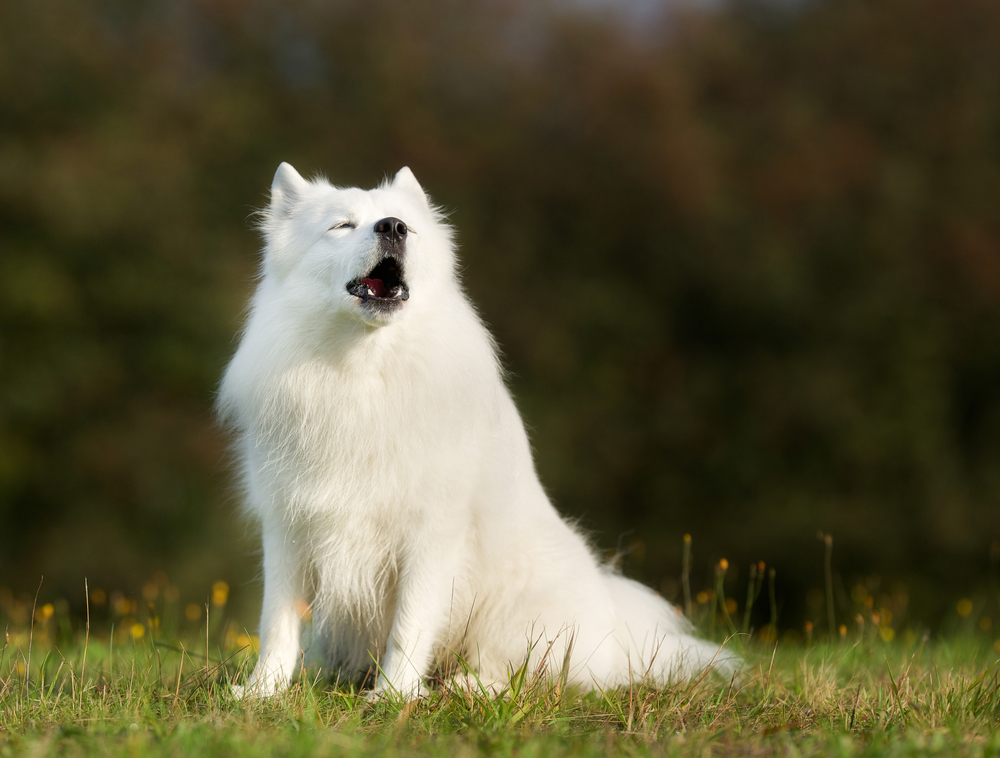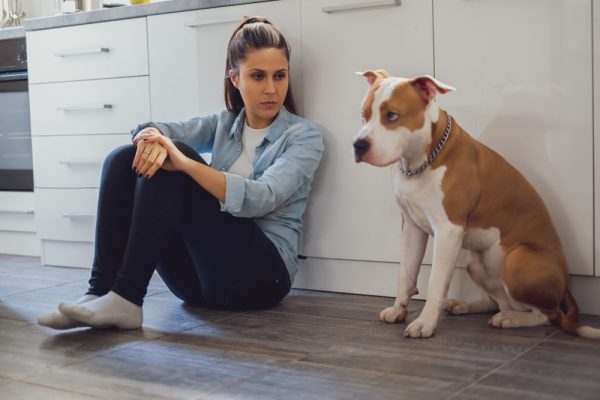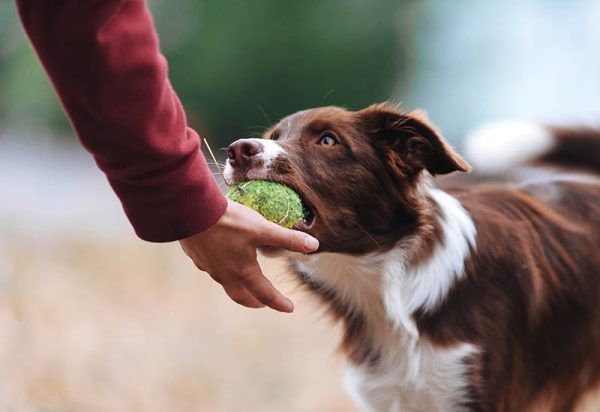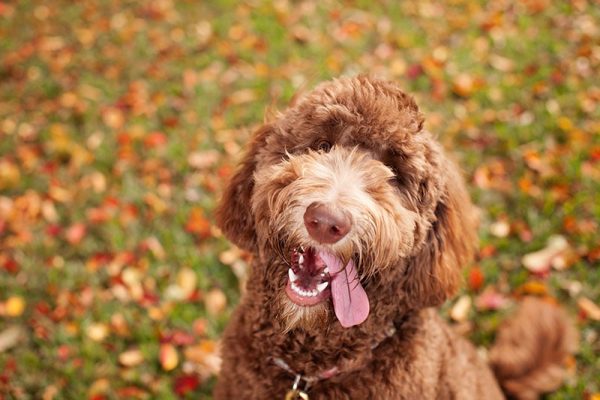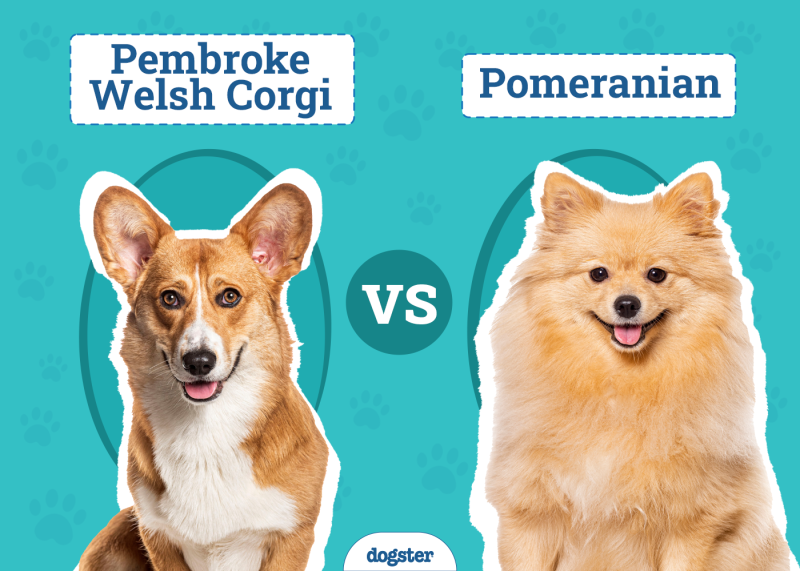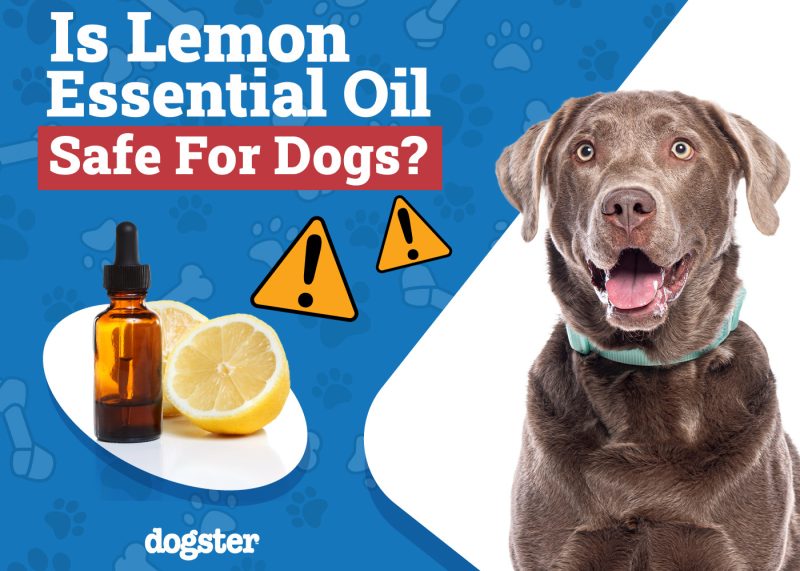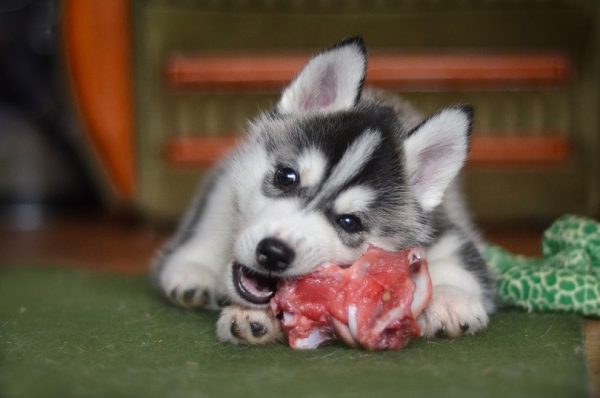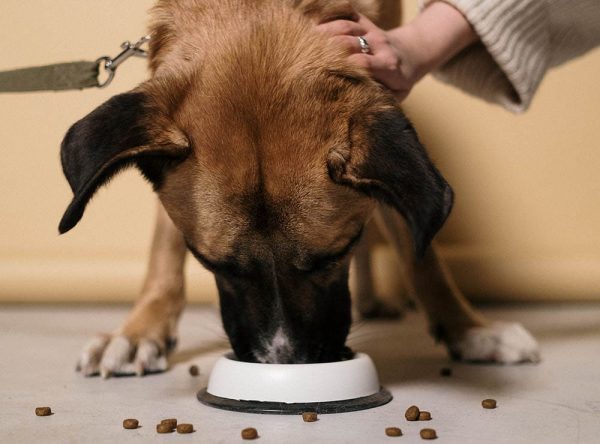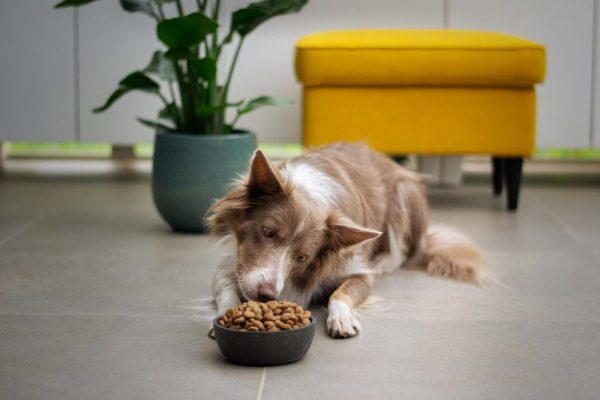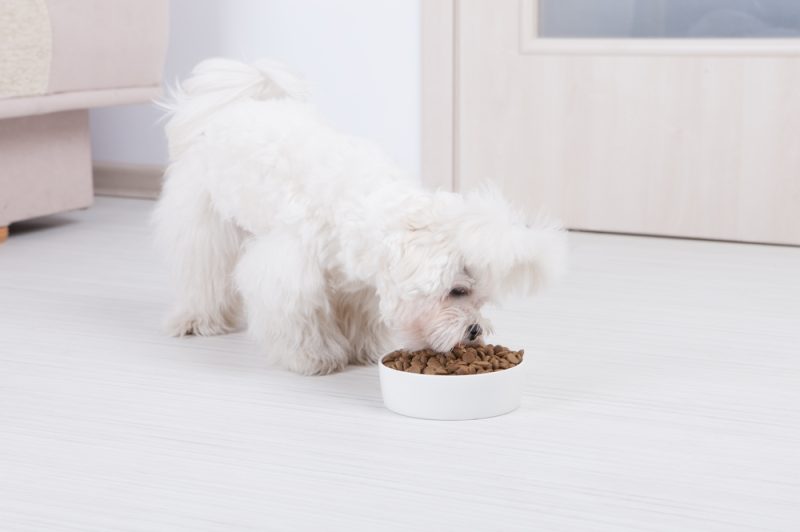The primary way dogs communicate is through sounds. Whether they’re whining because they’re afraid, barking when excited, or growling when threatened, your dog has probably made some vocalizations to tell you how they’re feeling. One such sound you may have heard your pup make is a howl. If you’re not sure what your dog is trying to tell you when they howl, we can help.
Read on to learn seven reasons why dogs howl and what you can do if your pup’s vocalizations become problematic.

The 7 Reasons Why Dogs Howl
The sweet pup you share your home with descended from wild wolves over 15,000 years ago. While they don’t necessarily behave like there’s wolf DNA in their blood, understanding their evolutionary development can help shed light on some of the interesting traits your pup has inherited from their wolf ancestors.
1. Communication
Wolves howl to communicate with others, assemble the pack, coordinate activities, establish territories, and warn other wolf packs. Your dog may not have a “pack” to communicate with, but they’ll still howl instinctively as a way to communicate with you and other dogs nearby.

2. Expressing Emotions
Dogs may not have the range of complex emotions we do, but they sometimes use howling to express their emotional state. You’ve likely heard your dog howling when they’re upset or anxious, but they’ll also howl if they’re excited or afraid. You’ll need to use context clues to figure out what your dog is trying to emote.
3. Seeking Attention
Dogs are highly intelligent creatures that quickly learn howling is a great way to get your attention. It would be best not to reward your pup’s howls with attention, as this can reinforce bad behaviors.
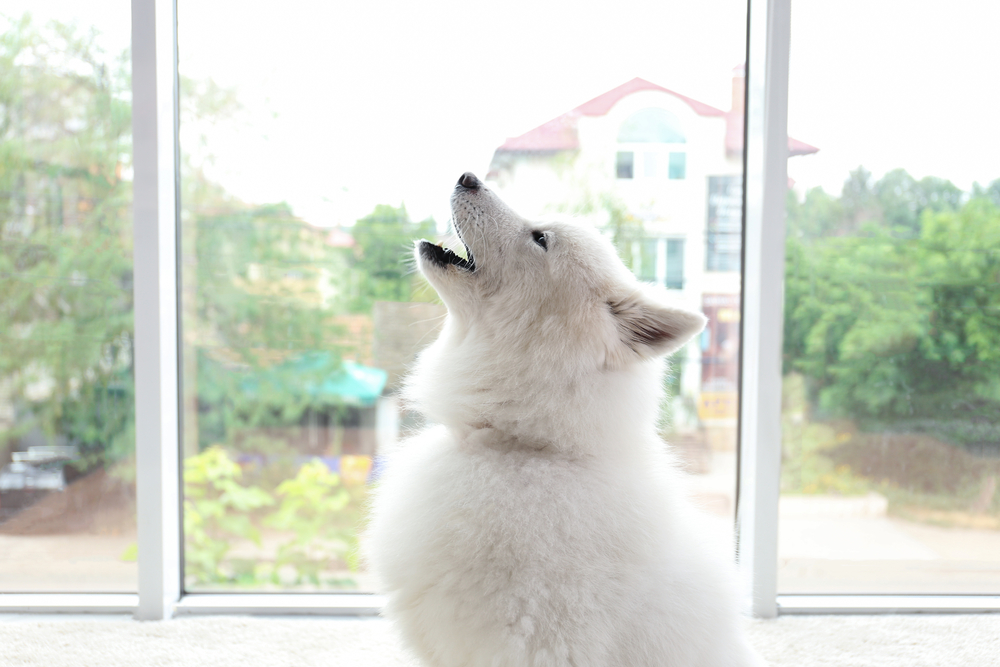
4. Conveying Pain
If your pup is usually pretty quiet but suddenly howls or makes other unusual sounds, they may be responding to illness and pain. They may exhibit other signs of unwellness, so keep your eyes and ears peeled for those and take them to the vet to rule out any potential health issues.
5. Responding to Their Environment
Your dog might only howl in response to sounds in their environment. For example, they may howl if a car horn is going off in your neighborhood or ambulance sirens are blaring nearby. They can also exhibit a behavior known as “contagious howling” when they hear other dogs howling in your community. This is very common in densely populated urban areas where your pup hears vocalizations from other dogs.
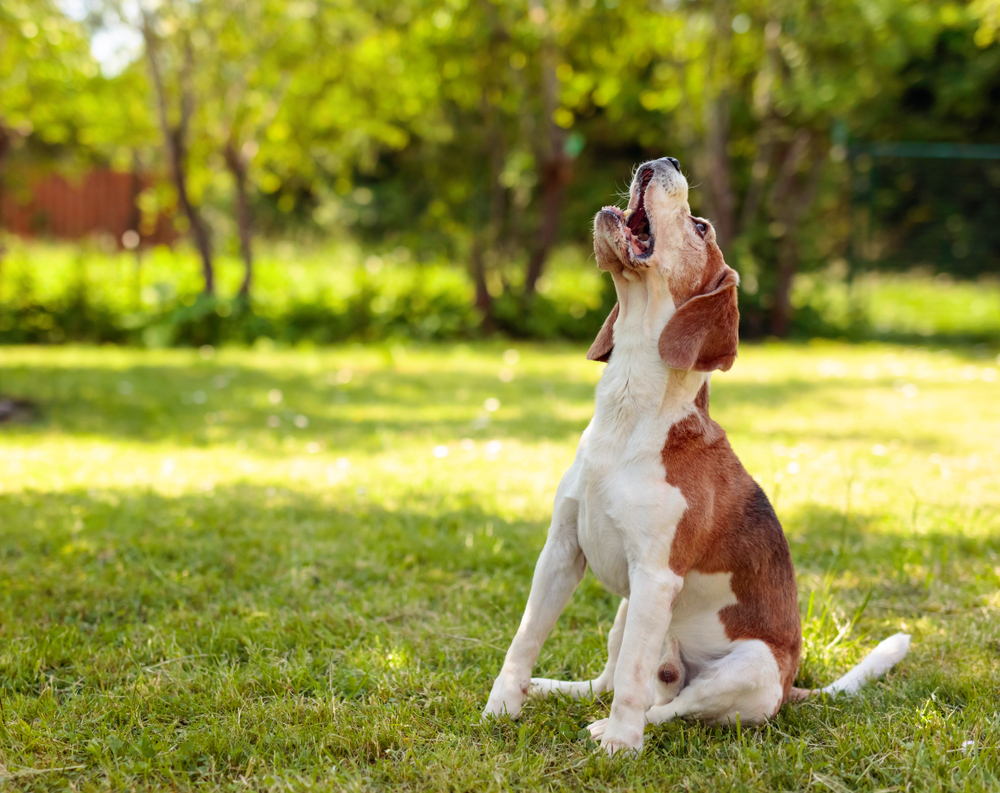
6. Territory Acknowledgment
Dogs sometimes howl to inform others about their territory and keep them out of it. Howling is a great defense mechanism that can ward off potential predators, so you may hear your pup vocalizing when the mail carrier approaches your home or if they see other dogs walking by.
On the flip side, approaching dogs may sometimes howl to alert the nearby resident dogs that they’re coming. Announcing their arrival can prevent the incoming pup from startling the current inhabitants.
7. Breed Traits
Some dog breeds are more likely to howl than others. Studies suggest that breeds genetically similar to wolves are more prone to howl than those distantly related. Genetic testing shows that some Spitz breeds, such as Huskies and Akitas, are more closely related to wolves than other domesticated dogs, which may explain why they’re known for their tendency to howl.
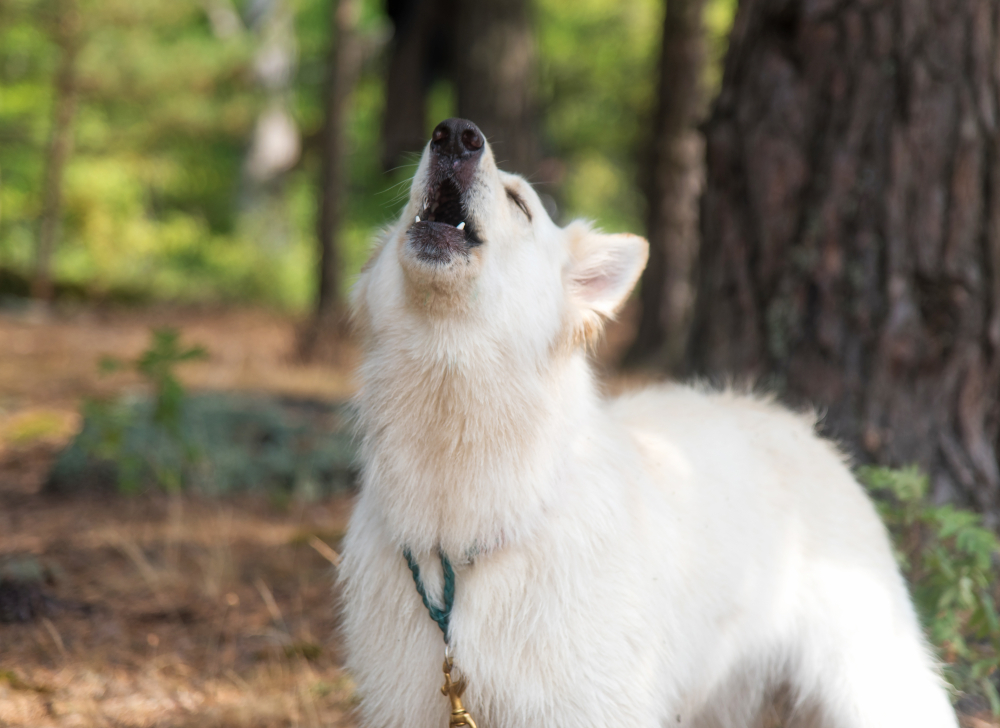

What Should I Do If My Dog Howls Excessively?
Howling may be a normal vocalization for dogs, but if yours is howling excessively, you (or your neighbors) may be at your wits’ end. Here are some tips for stopping this behavior and restoring a more peaceful and quiet home.
Reward Quiet
We sometimes respond to our dogs only when they’re doing something they shouldn’t be or making sounds we’d rather they didn’t. It’s incredibly easy to forget to reward them when they’re being quiet, but it’s very important to reinforce such good behavior. Give your pup a high-value reward and attention when they’re settled down and not making any noise.
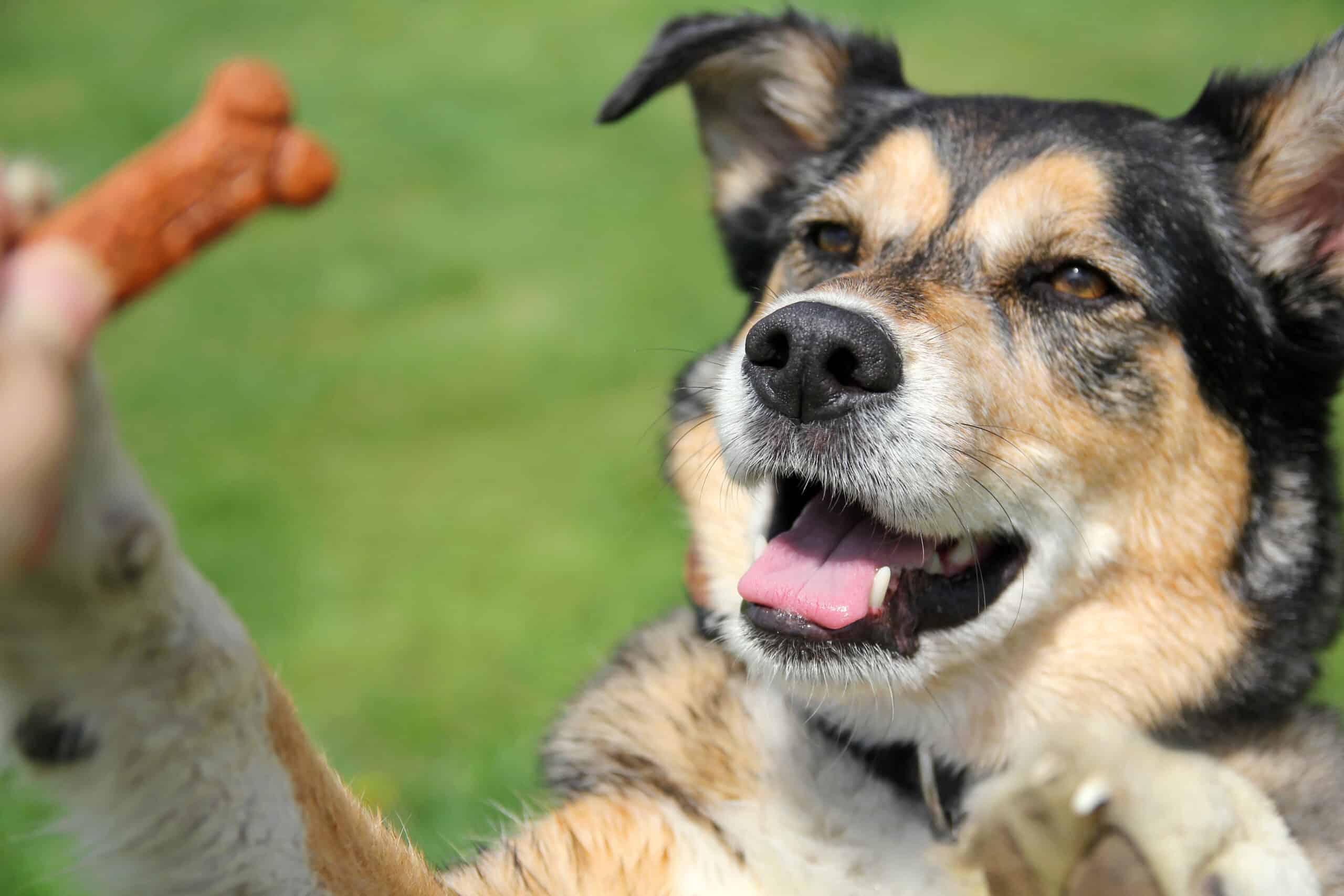
Ignore Attention-Seeking Behavior
Avoid accidentally giving your pup a reward when they howl by ignoring them when they start. Don’t look in their direction, speak to or touch them. Dogs are like kids in many ways and find attention rewarding, even if it’s negative attention, so even scolding them can make their behavior worse.
Train
We all know that dogs can be trained to “speak,” but they can also be trained to stop howling or vocalizing when given a command. If your pup knows “speak,” you can use this to your advantage. Praise them when they speak when given the command, teaching them to make a noise on cue.
When they stop making the noise, say “quiet” or “hush,” and praise them again, offering a high-value treat. When repeated over time, these steps can be useful in training your pup to be quiet on command.
Seek Professional Assistance
Your dog’s howling problem may be so severe that you’ll need professional help, and that’s okay. Veterinarians, animal behaviorists, and certified dog trainers are excellent resources to help you and your pup. If you have any concerns about your pup’s howling, the first step is to go to a vet. For behavioral issues, we recommend finding someone with training in counterconditioning and desensitization techniques; they are common treatments for any behavioral problem stemming from arousal or emotions.
If you need to speak with a vet but can't get to one, head over to PangoVet. It's our online service where you can talk to a vet online and get the advice you need for your pet — all at an affordable price!


Final Thoughts
Dogs howl to communicate with you and each other. If your dog’s howling has become problematic and made you (and them) a neighborhood pariah, you may want to address the behavior through counterconditioning and desensitization. If this is above your level of expertise, don’t hesitate to contact the professionals for help. Remember, howling can be a sign of an underlying health issue, so if your pup’s howling has become excessive, you should seek veterinary care first and foremost.
- See also: 15 Songs for Dog Lovers to Listen to
Featured Image Credit: BIGANDT.COM, Shutterstock
